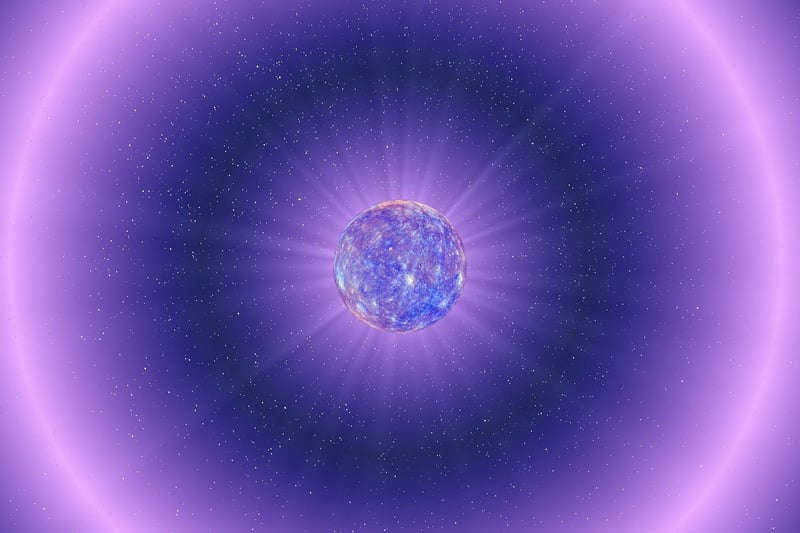Cosmic Radiation
Exploring the Mysteries of the Universe and Cosmic Radiation
Have you ever looked up at the night sky and wondered about the vastness of the universe? The cosmos is filled with wonders beyond our imagination, including cosmic radiation, which plays a crucial role in shaping the universe as we know it.
What is Cosmic Radiation?
Cosmic radiation consists of high-energy particles originating from outer space that travel through the universe at nearly the speed of light. These particles can come from various sources, such as the sun, distant stars, or even exotic phenomena like supernovae and black holes.
Types of Cosmic Radiation
There are two primary types of cosmic radiation:
- Solar Cosmic Rays: These are charged particles emitted by the sun during solar flares and other solar events.
- Galactic Cosmic Rays: Originating from outside our solar system, these high-energy particles come from sources across the Milky Way and beyond.
Effects of Cosmic Radiation
Cosmic radiation can have significant effects on astronauts in space, as well as on electronic equipment and even living organisms. Understanding these effects is crucial for space exploration and the safety of future missions beyond Earth.
Research and Exploration
Scientists around the world study cosmic radiation to unlock the mysteries of the universe and better comprehend the forces at play in outer space. Advanced technologies and space missions help us gather data and expand our understanding of these high-energy particles.
Discover the Universe
Exploring the universe and cosmic radiation opens up a world of endless possibilities and discoveries. From distant galaxies to the smallest subatomic particles, the cosmos continues to amaze and inspire us.
Delve into the wonders of the universe and embrace the beauty of cosmic radiation as we journey through the cosmos together.

Join us as we unravel the mysteries of the universe and witness the awe-inspiring power of cosmic radiation.
For more information on cosmic radiation and space exploration, visit NASA's official website.
